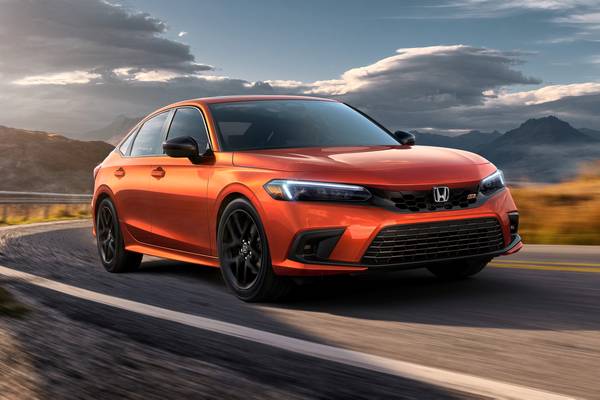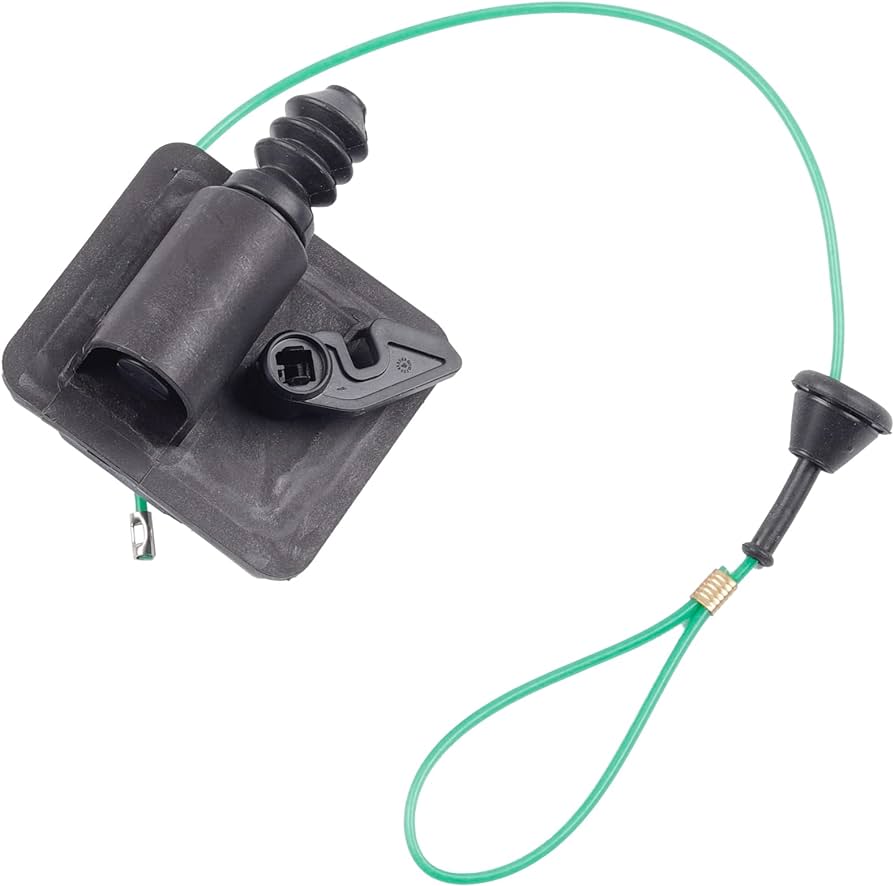The Honda Civic uses gasoline as its primary fuel source. Honda Civic runs on gasoline, making it a fuel-efficient and popular choice among car owners.
With its efficient engine design and advanced technology, the Honda Civic offers excellent fuel economy and optimal performance. Whether commuting to work or embarking on a road trip, the use of gasoline ensures that the Honda Civic delivers a smooth and reliable driving experience.
By utilizing gasoline as its fuel of choice, the Civic showcases Honda’s commitment to providing vehicles that are both efficient and environmentally friendly. With the Honda Civic, you can enjoy a responsive and enjoyable driving experience, all while knowing that you are using a readily available and widely accessible fuel source.

Credit: www.edmunds.com
Understanding The Optimal Fuel Power For Honda Civic
Understanding the optimal fuel power for Honda Civic is crucial for maximizing its performance. Choosing the right fuel significantly impacts the overall efficiency and longevity of the vehicle. Several factors need to be considered when determining the optimal fuel for your Honda Civic:
- Fuel Octane Rating: Honda recommends using gasoline with an octane rating of 87 or higher for most models. Higher-octane fuel may be required for certain trims or engine options.
- Fuel Composition: Gasoline blends containing ethanol, such as E10 (10% ethanol), are commonly available. It is important to follow Honda’s guidelines regarding the percentage of ethanol in the fuel.
- Fuel Additives: Some fuel additives claim to enhance performance or improve fuel economy. However, it is advisable to consult the owner’s manual or contact a Honda dealership to determine if any specific additives are recommended.
The different fuel types available in the market can also affect the performance of a Honda Civic:
| Fuel Type | Impact on Performance |
|---|---|
| Regular Unleaded Gasoline | Designed for most Honda Civic models, provides sufficient power and efficiency for everyday driving. |
| Premium Unleaded Gasoline | May be required for higher-performance trims or engine options. Offers improved power and potentially better fuel economy. |
| Ethanol Blends | While ethanol blends may be cheaper, they may have a slightly lower energy content, which can result in reduced fuel economy. |
Overall, choosing the right fuel and adhering to Honda’s recommendations can ensure optimal performance and efficiency for your Honda Civic.
The Ideal Gasoline For Honda Civic
The ideal gasoline for a Honda Civic should possess certain key characteristics to ensure optimal performance and efficiency. One important factor to consider is the octane rating, which refers to the fuel’s ability to resist engine knock. For Honda Civic’s engine, it is recommended to use gasoline with a high octane rating. This ensures that the fuel combusts evenly and smoothly, preventing any premature ignition or knocking during combustion.
When it comes to selecting the right gasoline for a Honda Civic, there are several options available that meet these requirements. Premium unleaded gasoline with an octane rating of 91 or higher is typically recommended. This fuel choice ensures proper engine performance, reduces the likelihood of knocking, and maximizes fuel efficiency.
However, regular unleaded gasoline with an octane rating of 87 can also be used for Honda Civic without causing any major issues. Although it is a more cost-effective option, keep in mind that the engine’s performance might not be as optimal as with premium fuel.
Ultimately, the choice of gasoline for a Honda Civic depends on individual preferences, driving habits, and budget considerations. Choosing good quality gasoline with the right octane rating will help ensure that your Honda Civic runs smoothly and efficiently for years to come.
Exploring Alternative Fuel Options For Honda Civic
The Honda Civic is a popular choice among car enthusiasts due to its reliability and fuel efficiency. When it comes to fuel options, the Honda Civic offers a range of alternatives to cater to different needs and preferences. One of the most popular options is the use of hybrid fuels. Hybrid fuels combine conventional gasoline or diesel with an electric motor, offering improved fuel efficiency and reduced emissions. However, it’s important to consider the pros and cons of hybrid fuels, such as their higher cost compared to conventional fuels and the need for access to charging stations for electric power. Electric power is another alternative fuel option that has gained popularity in recent years. Honda offers electric models like the Honda Civic Hybrid, which run solely on electricity and produce zero emissions. Evaluating the use of electric power for the Honda Civic involves considering factors such as driving range and access to charging infrastructure. Overall, exploring alternative fuel options for the Honda Civic allows car owners to make a more sustainable and environmentally friendly choice.
Honda Civic’s Fuel Efficiency And Economy
When it comes to fuel efficiency and economy, the Honda Civic is a top contender in its class. The Civic is known for its impressive fuel efficiency ratings, making it an attractive option for those looking to save on gas costs. The Civic’s fuel efficiency can be attributed to its advanced engine technology and aerodynamic design.
There are several tips that can help enhance fuel economy for the Honda Civic. Firstly, maintaining proper tire pressure can improve fuel efficiency. Regularly checking and replacing air filters and spark plugs can also optimize fuel consumption. Additionally, practicing smooth and steady driving habits by avoiding rapid acceleration and heavy braking can contribute to better fuel economy.
When comparing the Honda Civic to other fuel-efficient vehicles, it holds its own. The Civic’s fuel efficiency ratings may vary depending on the specific model and engine option chosen, but overall it remains competitive among its peers. Whether it’s for city commuting or long-distance drives, the Honda Civic is a reliable and economical choice.
Regular Maintenance For Honda Civic’s Fuel System
The Honda Civic is a popular car choice for many reasons, including its fuel efficiency. However, to ensure optimal performance and longevity, regular maintenance of the fuel system is crucial. Proper maintenance helps prevent common fuel system issues that can affect the Honda Civic.
Regular maintenance involves several important steps. First, it is essential to schedule regular fuel system checks and cleanings. This includes inspecting the fuel filter, fuel pump, and fuel injectors. Additionally, it is recommended to use quality fuel additives to keep the fuel system clean and running smoothly.
| Common Fuel System Issues | Schedule and Recommended Practices |
|---|---|
| 1. Clogged fuel filter | Regularly replace the fuel filter according to the manufacturer’s recommendations |
| 2. Fuel pump failure | Inspect the fuel pump regularly and replace if necessary |
| 3. Dirty fuel injectors | Use fuel injector cleaner regularly to maintain optimal performance |
By following these maintenance practices, Honda Civic owners can ensure that their fuel system remains in excellent condition, leading to better fuel efficiency and overall performance. So, don’t neglect regular fuel system maintenance for your Honda Civic!
Conclusion
The Honda Civic primarily runs on gasoline, making it a reliable and fuel-efficient vehicle choice. With its efficient engine design and advanced technology, the Civic ensures that you can go further on every tank. By understanding the fuel requirements of your Honda Civic, you can optimize its performance and make informed decisions while on the road.
Enjoy the smooth and powerful ride that the Honda Civic provides, knowing that it operates efficiently on regular gasoline. Choose the Honda Civic for a reliable and economical driving experience.

